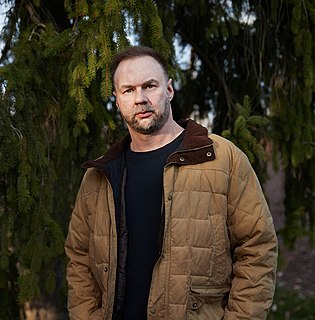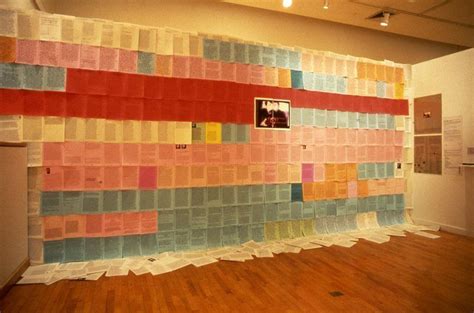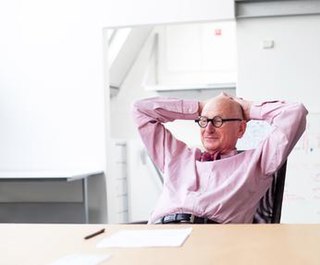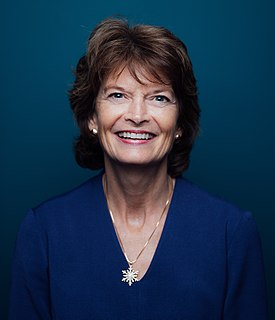A Quote by Diane Wakoski
We are authors, all of us, concerned with beginning, with making, with sources and substance.
Related Quotes
For us it's always about making sure that there's substance, that things are well thought out, they're real, they're going to happen versus just haphazardly making Hollywood type announcements. So that's where we are there [on Comic-Con], just making sure that when we do something to say that it's something.
My own experience is that once a story has been written, one has to cross out the beginning and the end. It is there that we authors do most of our lying . . . one must ruthlessly suppress everything that is not concerned with the subject. If, in the first chapter, you say there is a gun hanging on the wall, you should make quite sure that it is going to be used further on in the story.
I saw full surely that ere God made us He loved us; which love was never slacked, nor ever shall be. And in this love He hath done all His works; and in this love He hath made all things profitable to us; and in this love our life is everlasting. In our making we had beginning; but the love wherein He made us was in Him from without beginning: in which love we have our beginning. And all this shall we see in God, without end.
For me, the whole idea of the radically new is tied to a close reconsideration of older sources. I like to give myself over to those sources, as points of origin, in order to bring things forward. My approach requires me to internalize my sources as much as possible in the hope that new themes might emerge. The material has to be internalized in order for it to live again. Ultimately, paintings reveal themselves on the basis of what they are. They are inseparable from the physical process that goes into their making.
I have to tell you with regards to global warming that that's something, which, you're right, the scientists haven't entirely resolved, but no question about one thing, it's getting warmer, and a lot of good reasons for us to use less energy, to use it more efficiently and to develop sources here in this country that could allow us to be more independent of foreign sources.
Silences enter the process of historical production at four crucial moments: the moment of fact creation (the making of sources); the moment of fact assembly (the making of archives); the moment of fact retrieval (the making of narratives); and the moment of retrospective significance (the making of history in the final instance).





































